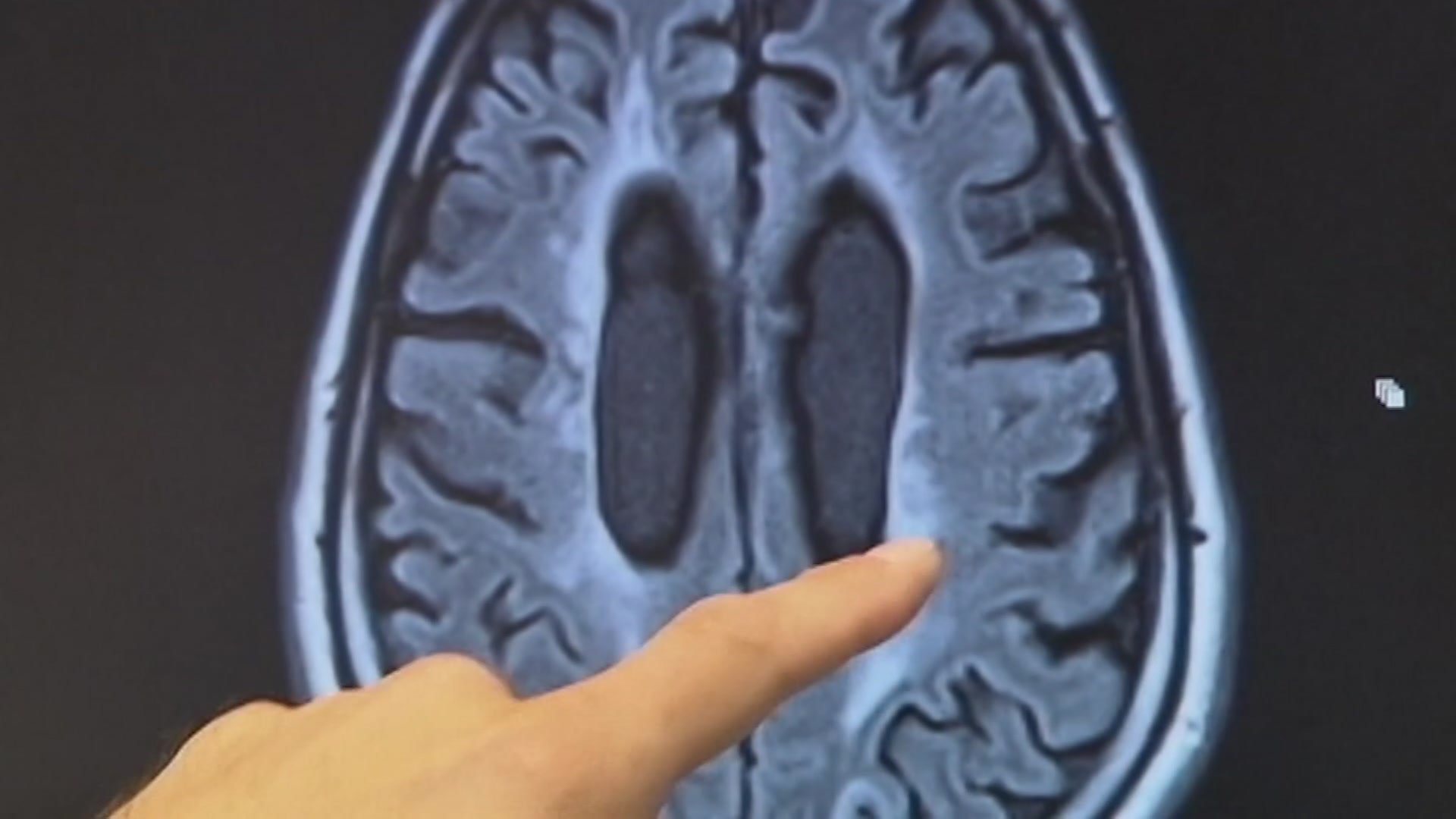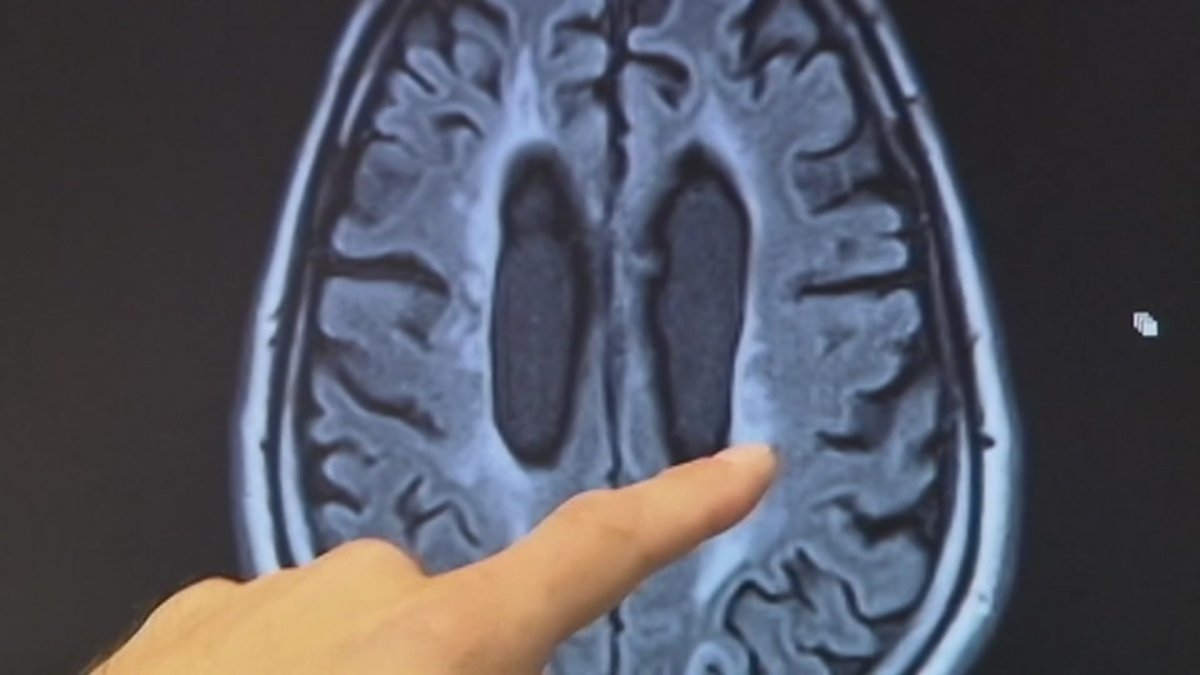
Dementia risk may be twice as high as Americans live longer, according to a study published earlier this year, but Dallas researchers hope to stop that trend, and you can help.
The “Impact of Intensive Treatment of Systolic Blood Pressure on Brain Perfusion, Amyloid and Tau in Older Adults”. study, or IPAT study for short, is a trial assessing the effects of reducing high blood pressure on brain amyloid and tau protein, the hallmarks of Alzheimer’s Disease.
The study will look at older adults who are at high risk for Alzheimer’s Disease and related dementias, who have high blood pressure, a family history of dementia, or subjective memory complaints.
Previous studies have shown that high blood pressure increases a person’s risk of developing dementia.
The goal of this trial is to see if there’s a way to lower someone’s blood pressure to a certain level that could prevent cognitive decline.
“Can we do something early on to prevent this disease happening later in their lives, rather than just go to see a doctor when you have memory complaints?” asked lead researcher Dr. Rong Zhang, Professor of Neurology & Internal Medicine, UTSW.
The research is part of a wave of brain health studies that has prompted state leaders to push for a $3 billion state fund to advance dementia research.
Voters get to decide on that measure on November 4.
“I expect in the next three to five years, we will have important answers as to the success of these research interventions, and I think that, just given the scope of dementia as a public health problem in the United States, once we have those findings, we will rapidly translate those into public health implementation,” said Dr. Brendan Kelley, vice chair for Clinical Operations at the Peter O’Donnell Jr. Brain Institute, UT Southwestern.
An example of implementation could be a new standard of care for people like Deborah Morgan-Stokes of Dallas.
She has high blood pressure and a family history of dementia.
She currently takes care of her mother, who is in cognitive decline.
Morgan-Stokes says she saw an ad calling for trial participants and decided to enroll.
“For folks to be willing to participate in clinical trials, not only to help themselves, but especially to help future generations,” she says, “It’s not scary, and it’s really helping.”
More of the study can be found online.
The research team is also available by phone. English speakers can call 214-345-4667 and Spanish speakers can call 214-345-4512.

اترك تعليقاً